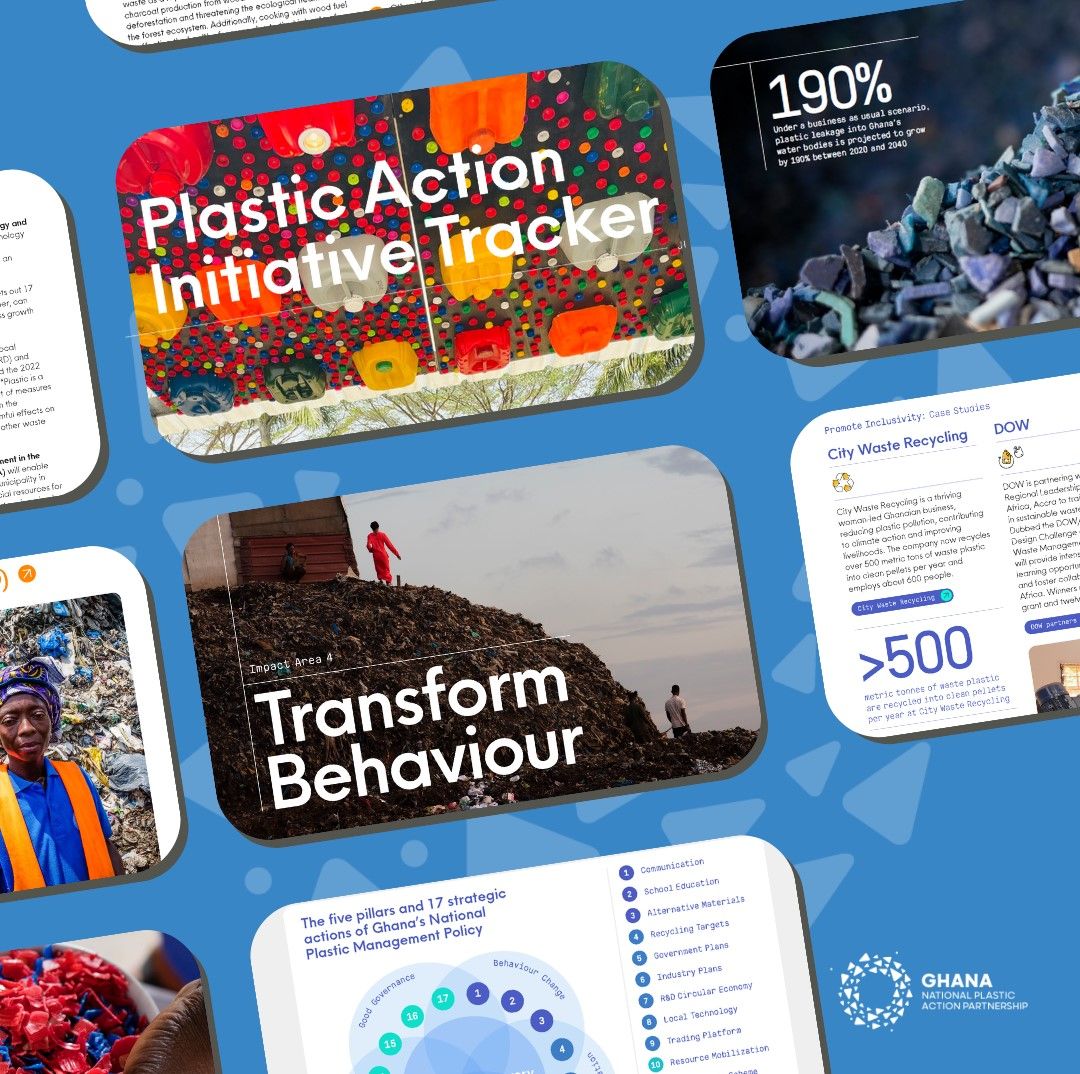Spotlight
Latest updates from across the partnership.
The Global Plastics Treaty
In March 2022, during the resumed fifth session of the UN Environment Assembly (UNEA-5.2), a historic resolution was adopted to develop an international legally binding instrument to end plastic pollution, including in the marine environment.
The final round of negotiations (INC-5.2) will take place from 5–14 August 2025 in Geneva, Switzerland.
Ahead of this, on Sunday, 3 August, we will host a “Beating Plastic Pollution: Solutions Day” featuring high-level panels and multi-stakeholder dialogues.
GPAP at UNOC3
The ocean sustains life—powering economies, feeding billions, and regulating our climate.
But it's under serious threat: over 11 million tonnes of plastic enter the ocean every year, accounting for 85% of marine pollution.
At the UN Ocean Conference, we convened partners from government, business, and civil society to accelerate action on plastic pollution—before it ever reaches the sea.

GPAP at the 2025 Basel, Rotterdam and Stockholm Conventions COPs
Held under the theme "Make Visible the Invisible", the 2025 BRS Conventions COPs brought together more than 2,000 delegates from 180 countries in Geneva, Switzerland, to advance global action on chemicals, waste, and pollution.
We convened and contributed to a series of high-level events designed to align policy and scale circular solutions.


New partnership
At the Sustainable Development and Impact meetings, Cost Rica joins the Global Plastic Action Partnership
Global Plastic Action Partnership
September, 2023

NEW PARTNERSHIP
Peru joins the Global Plastic Action Partnership
Global Plastic Action Partnership
September, 2023

New partnership
At the Sustainable Development and Impact meetings, Panama joins the Global Plastic Action Partnership
Global Plastic Action Partnership
September, 2023

New Partnership
Cambodia joins the Global Plastic Action Partnership
Global Plastic Action Partnership
March 29, 2023

The Future is Circular
Our work to reduce plastic pollution and waste is underpinned by the transition to a circular economy for plastics, which directly addresses the root cause of plastic pollution by replacing the “take-use-dispose” model with a closed-looped approach throughout the plastics life cycle.
1,800+
Members collaborating through our platform worldwide
$3.17B
Mobilized by partners to tackle plastic pollution
25
Countries signed on to our unique national model for accelerating plastic action
Our Country Partnerships
Cross-Sector Support








































